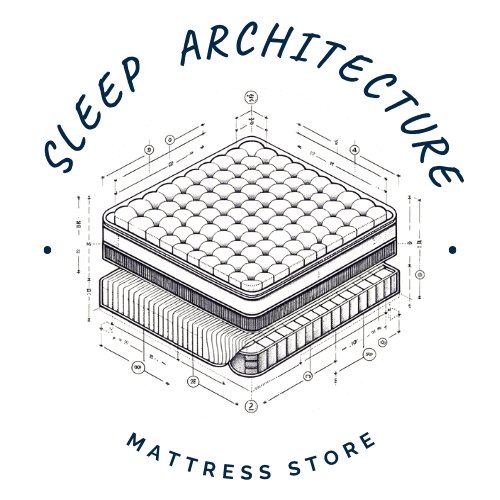
Why You Should Avoid Caffeine and Alcohol Before Bedtime

When it comes to achieving a good night’s sleep, many of us focus on the basics: a comfortable mattress, a dark room, and a calming bedtime routine. But did you know that what you consume before bed can play a major role in how restful your sleep is? Specifically, caffeine and alcohol can be major culprits in disrupting your slumber. Here’s why you might want to rethink that late-night cup of coffee or nightcap if you’re aiming for the best possible rest.
The Caffeine Conundrum
Caffeine is a beloved pick-me-up for many of us, but its stimulating effects can linger longer than you might expect. This popular ingredient, found in coffee, tea, chocolate, and some sodas, is known for its ability to block adenosine, a neurotransmitter that promotes sleep. Here’s how it affects your sleep:
Delayed Sleep Onset: Consuming caffeine in the afternoon or evening can delay the timing of your body’s internal clock, making it harder to fall asleep at your desired bedtime. This is because caffeine stays in your system for several hours, and its stimulating effects can push back your natural sleep-wake cycle.
Reduced Sleep Quality: Even if you manage to fall asleep after consuming caffeine, the quality of your sleep may suffer. Caffeine can decrease the amount of deep sleep you get, which is the restorative phase crucial for feeling refreshed and alert the next day.
To promote better sleep, it’s wise to limit caffeine intake in the hours leading up to bedtime. Aim to have your last cup of coffee or tea in the early afternoon to give your body ample time to metabolize the caffeine before you hit the hay.
The Alcohol Effect
At first glance, a glass of wine or a cold beer might seem like a great way to wind down, but alcohol’s impact on sleep is more complex than it appears. Here’s how it can interfere with your nightly rest:
Fragmented Sleep: While alcohol may help you fall asleep faster, it tends to disrupt the latter half of your sleep cycle. You might experience more frequent awakenings and lighter sleep stages, leaving you feeling groggy and unrested.
Reduced REM Sleep: Alcohol can reduce the duration of REM (Rapid Eye Movement) sleep, which is essential for cognitive functions like memory, problem-solving, and emotional regulation. Less REM sleep can mean waking up feeling less mentally sharp and emotionally balanced.
To avoid these sleep disturbances, it’s best to limit alcohol intake, especially in the hours before bedtime. If you do choose to have a drink, do so in moderation and try to finish at least a few hours before you plan to go to sleep.
Simple Changes for Better Sleep
Making small adjustments to your evening habits can have a significant impact on your sleep quality. Here are a few tips to help you make the most of your nightly rest:
· Switch to Decaf: If you crave a warm beverage before bed, opt for caffeine-free alternatives like herbal tea or warm milk.
· Create a Relaxing Routine: Establish a calming pre-sleep routine that doesn’t involve screens or stimulants. Gentle stretching, reading, or listening to soothing music can help prepare your body for rest.
· Monitor Your Alcohol Intake: Consider replacing evening drinks with non-alcoholic options, such as sparkling water or herbal teas, to avoid the negative effects on sleep.
Incorporating these changes can help you achieve a more restful night’s sleep, leading to improved overall health and well-being. Remember, your mattress plays a crucial role too—make sure yours is supportive and comfortable to complement your new sleep-friendly habits. If you’re in the market for a mattress upgrade, our store offers a wide range of options designed to enhance your sleep quality.
Sleep well and wake up refreshed—your body and mind will thank you!
(Image Courtesy The Sleep Charity)
Send a Message
At Sleep Architecture, we value your feedback and insights. Whether you have questions about our products, want to share your experience, or are ready to book a consultation, we're here to help. Leave a comment, ask a question, or book an appointment today. Your input helps us continue to provide the best possible service to our valued customers. Let's start the conversation!
Contact Us
Give us a call
(330) 954-8007Send us an email
[email protected]